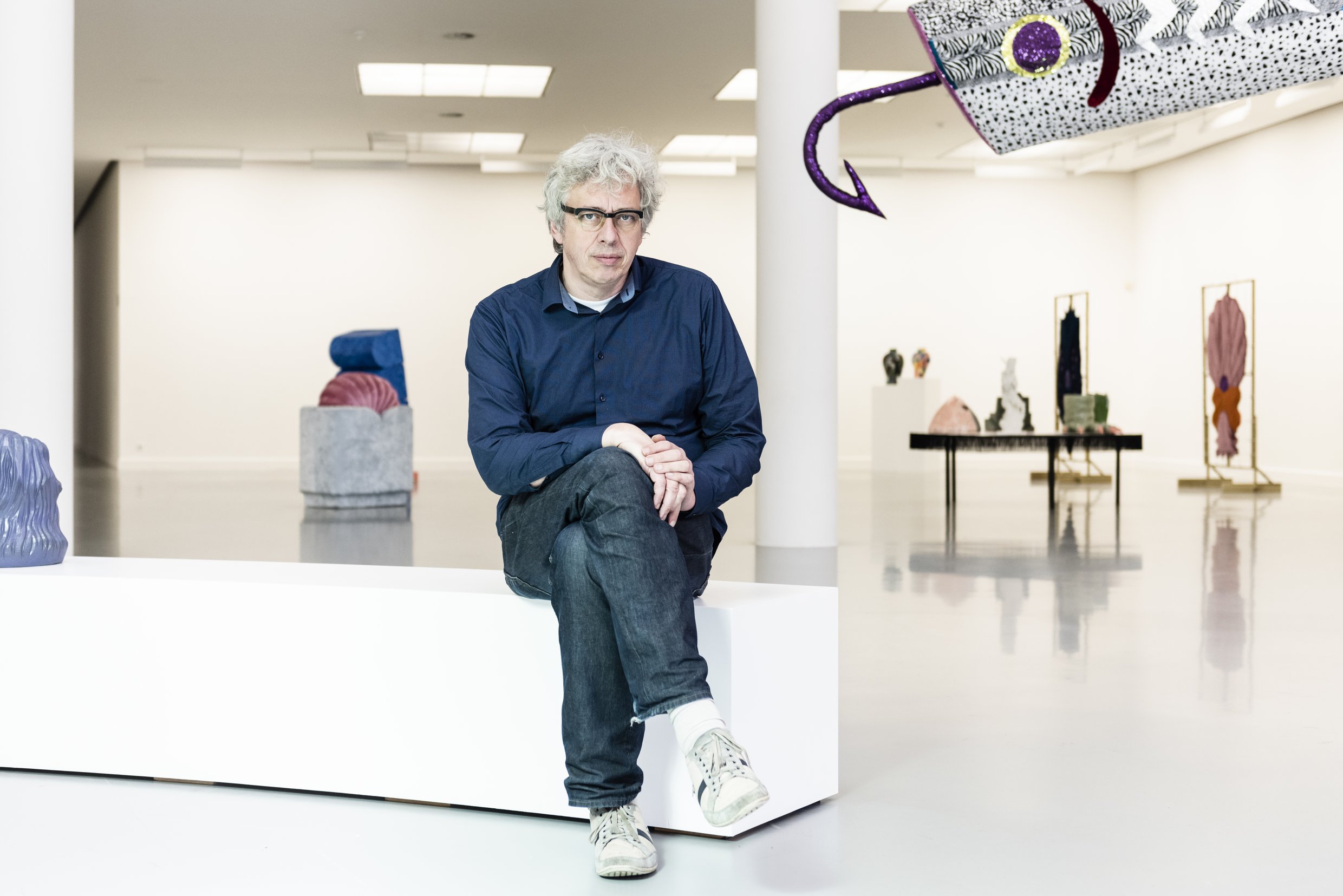"Art and culture are the key assets of mankind"

Interview with Bart de Baere, member of the Board of CIMAM, Director, M HKA — Museum van Hedendaagse Kunst Antwerpen, Antwerpen, Belgium. Originally published by Tendencias del Mercado del Arte.
Do we still need museums? Why art and culture are essential to our individual and collective wellbeing?
Without a shared past experience – what we call cultural heritage – and moments in the present with the capacity to synthetically offer alternative horizons – what we call art – we’d go back to an animal state. Art and culture are the key assets of mankind. Museums are points of synthesis of these endeavors.
In 2020, museums and collections all over the world were deeply affected by the COVID-19 pandemic; consequently, many public-facing institutions were required to take a position in their operations. Should museums keep open and operational in these difficult times?
Oh yes, and not only because we’d wish not to lose quality references in such difficult times. Museums are also simply and factually the safest indoor public spaces. They have large, well-ventilated halls, audience movement patterns, and sophisticated audience management expertise, perfectly able to modulate the numbers of the audience so that numbers are perfectly safe. In Flanders and Belgium, we argued to keep our institutions open and largely succeeded. Except for two relatively short periods, M HKA and its colleague institutions remained open all of last year. M HKA additionally also substantially enhanced its online presence, it opened up strategic challenges to work on, and it gave additional attention to its ecosystem, the artists to start with.
How online projects and social media will shape the future of exhibitions? Can digital ever replace physical museums?
Of course not, but it can complement them. The physical experience is enhanced but also complemented by the digitalised museum. This is a new opportunity for body and spirit to tango together.
How museums can be drivers for economic recovery?
Compare it with coffee and chocolate during a meeting. Museums are not about quantity but they do qualify a space and without a qualitative societal space, society is going to be a poor performer that will also not deliver quantitatively.
When visitor numbers are limited, profits become jeopardized. Do you think there is a remedy for this? How the online presence will affect the funding of museums?
The economic profit, you mean? There’s also social and cultural profit, which is not jeopardized. Well, the remedy is to amend your business plan, but also to be aware that it’s not only the economy, stupid. In medieval times cloisters were the center of society and they were structured by a Clausura, their core was simply prohibited for visitors. As a society, we should decide whether we want to safeguard the value and if so, we should spend whatever cannot be generated by tickets, shops, and bars around our institutions.
Will blockbuster exhibitions take place in the same manner as pre-Covid-19?
Hopefully and probably less as automatism and as the only bling-bling shallow politics is interested in. And hopefully with more joy, enjoying the celebration of topics we want to share with many of us. So hopefully and probably more as a balanced ingredient in a wider plan.
Over the past decades, there has been an increase in the construction and development of museums. How do you see this phenomenon? Might the booming of the contemporary art market be bad for museums?
It is clear that contemporary people first and foremost want contemporary value references. That is understandable in a world that is so complex, vast, and contingent. It’s good that there are more contemporary art museums than ever before, that’s a good experiential complement to mass cultural manipulation. This booming contemporary art market is merely an indicator of that, and as we know, money can’t buy it all. No prob, give to Caesar what is Caesar's, Christ said.
What do you think about the complaint that wealthy individuals are making the decisions that drive museum staffing and programming?
It’s a generalisation, decisions in the Benelux area or in the Iberic peninsula are taken by cultural policy systems and bureaucrats and politicians, and they also sometimes do well and sometimes not. I am committed to the state version of public interest but may also be deeply impressed by private engagements, by poor or wealthy individuals deciding to spend their time and capacity to our collective wellbeing.
What would you say is the future of art museums?
Manifold, both forum and space of reflection, both party and research, glamourous and precarious, and in the end as shabby as each of our endeavors. But vital, sure.